
Mechanical Strength & Impact Resistance
Nylon compounds replace metal in gears, housings, bearings, and nozzles, reducing weight and corrosion.
Americhem develops nylon compounds and nylon masterbatch technologies designed for extrusion, injection molding, film, and fiber spinning. From PA6 compounds and PA66 compounds to specialty grades, our custom nylon formulations are engineered for structural integrity, processing ease, and long-term durability.
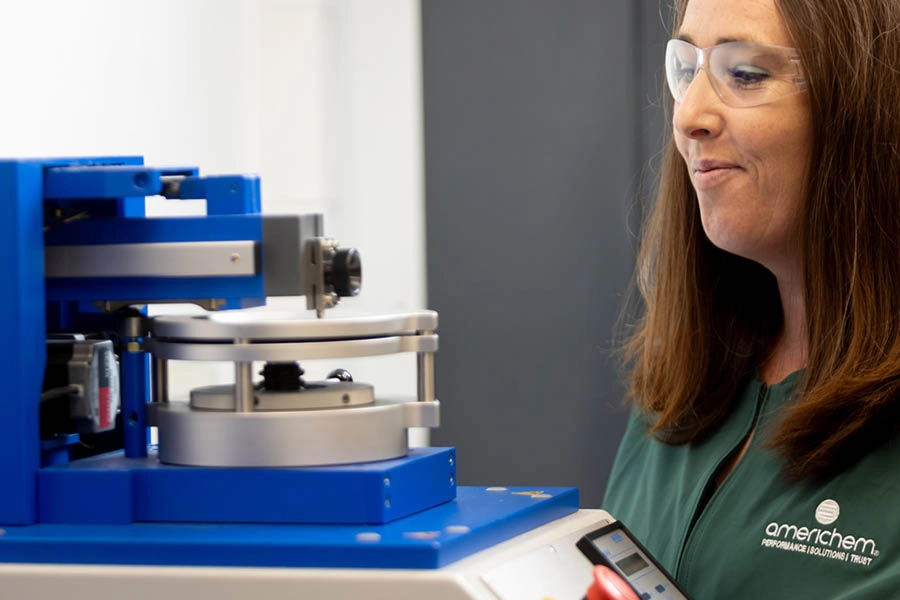
Americhem’s nylon solutions combine lightweight design with strength, abrasion resistance, and chemical durability. Whether you’re designing automotive nylon housings, nylon electrical components, or fiber and film applications, our formulations are validated for consistent performance.

Nylon compounds replace metal in gears, housings, bearings, and nozzles, reducing weight and corrosion.
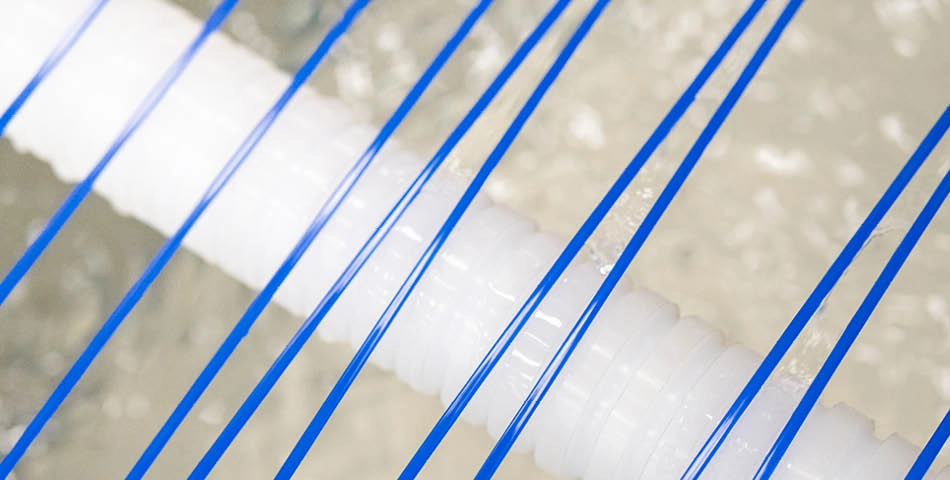
Formulations tuned for injection molding nylon, extrusion, fiber spinning, and sheet/film production.
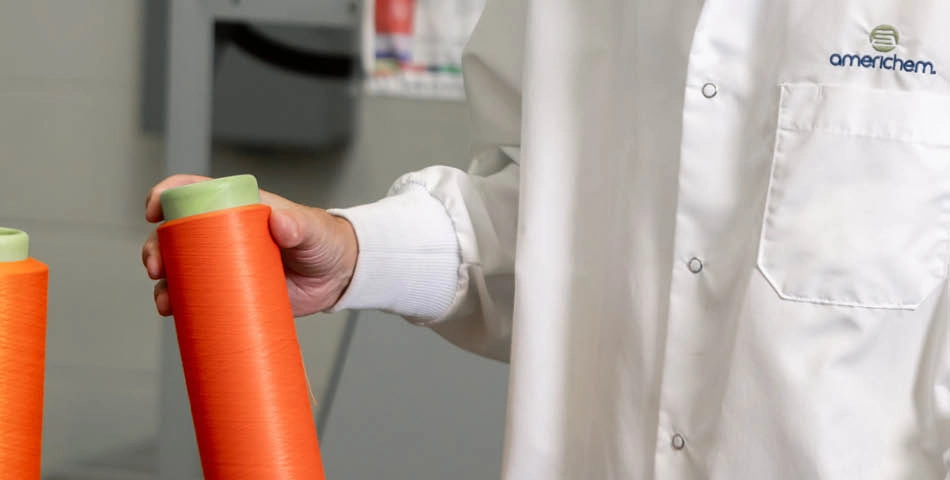
Nylon masterbatch systems deliver stable, even dispersion for precolored resins and solution-dyed fibers.
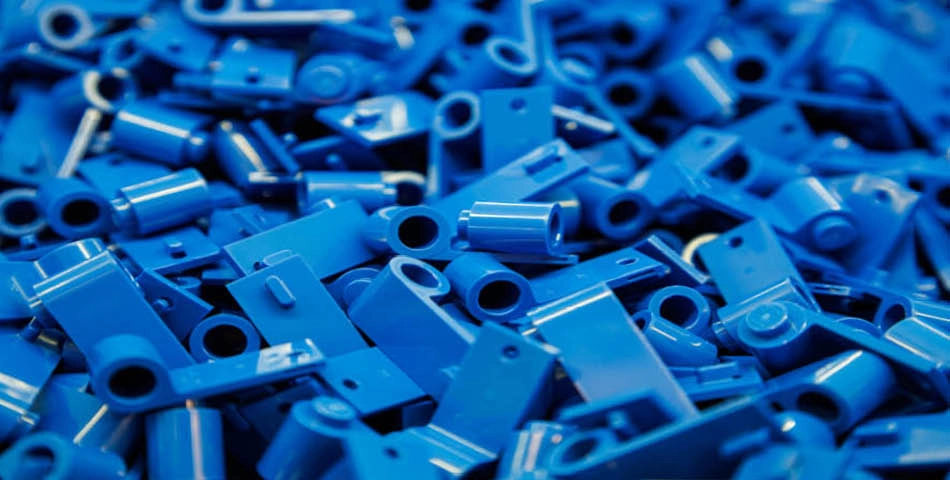
Electrically active, thermally conductive, and internally lubricated nylons extend performance in critical parts.
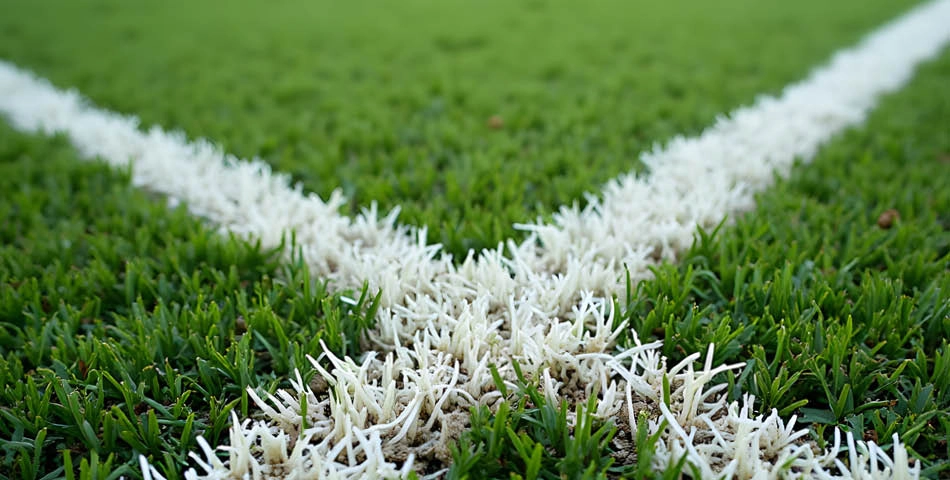
Moisture-, UV-, and chemical-resistant nylon compounds maintain strength, appearance, and durability in harsh environments, including under-the-hood and outdoor applications.
From resin selection to outdoor durability, here are the questions engineering and sourcing teams ask most.
Still have questions?
Answer: Americhem formulates PA6, PA66, PA610, PA612, PA11, PA12, and amorphous/semi-aromatic nylon compounds. Each grade can be reinforced, precolored, or modified with functional additives to fit your application.
Answer: Yes. Glass-filled nylon compounds are commonly used in gears, housings, bearings, and nozzles – reducing corrosion, friction, and weight compared to metal.
Answer: Absolutely. Our formulations are validated for injection molding nylon, extrusion, fiber spinning, and film processes, ensuring consistent flow and part quality.
Answer: Americhem develops UV-stabilized and chemical-resistant nylon compounds that maintain strength, appearance, and durability in turf, automotive, and outdoor equipment applications.

Americhem helps you select the right nylon compound, resolve processing challenges, and build in performance with additives and precolored resins.